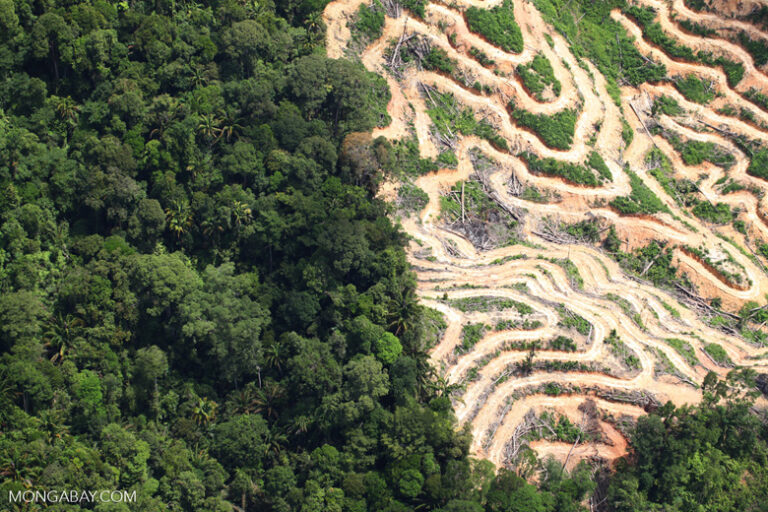SINGAPORE — The EU’s landmark anti-deforestation law is under fire for a risk classification system that critics say overlooks illegal logging and governance failures — potentially undermining the very goal of halting forest loss. The EUDR’s benchmarking system, which affects the level of checks and requirements faced by exporters and EU importers alike, appears to focus overwhelmingly on deforestation metrics and existing EU political sanctions, according to an analysis by nonprofit Forest Trends. At the same time, it overlooks equally critical issues like governance, corruption and law enforcement capacity, the analysis found. Forest Trends warns that this narrow focus risks missing systemic governance failures and enforcement gaps — the very conditions that enable illegal deforestation to flourish, even when official forest loss appears low. The risks are especially high as illegal deforestation is widespread in many tropical countries that export their goods to the EU, with estimates suggesting that 50-90% of deforestation in some tropical regions is illegal. This approach may misclassify countries with weak enforcement and high illegality as low or standard risk. Many countries with well-documented governance failures, such as the Republic of Congo and Papua New Guinea, are classified as “low risk,” alongside Finland and Norway. As part of its implementation, the EUDR uses a benchmarking system to classify countries based on their deforestation risk: low, standard or high. This classification determines the level of inspections and obligations placed on operators and member states’ authorities. Forest Trends pointed out that the World Bank designates the Republic of…This article was originally published on Mongabay
Search
Recent Research
Want your Blog Article featured on our website?
Research
Featured News
Explaining Katsina’s Massive Leap to 2nd Position in the 2025 Climate Governance Ranking
In 2024, during the first edition of the Subnational Climate Governance Performance Rating and Ranking,
COP30: Firm to connect institutions with international climate finance opportunities
SISTME, a climate change and biodiversity conservation consulting firm based in Argentina, has offered to
From resistance to planetary governance, Indigenous women redefine global climate action
While world leaders negotiate behind closed doors in the Blue Zone of COP30, Indigenous Women
Sahara Group Foundation launches 16th Sahara Go Recycling Hub to boost environmental sustainability, economic empowerment
Sahara Group Foundation, the corporate social impact arm of Sahara Group, has commissioned its 16th
Climate finance is the lifeblood of climate action – Simon Stiell at COP30
Remarks delivered by UN Climate Change Executive Secretary, Simon Stiell, at the third High-Level Ministerial
UNDP, REA, GEF commission Plateau solar mini-grid to power agricultural value chains, empower rural communities
The United Nations Development Programme (UNDP), in partnership with the Rural Electrification Agency (REA) and
COP30: Africa urges world leaders to turn pledges into action
Africa has called on the world leaders to turn their pledges into action regarding the
Thousands join global marches calling on govts at COP30 to deliver climate justice
An estimated 30,000 people marched through the Brazilian city of Belém on Saturday, November 15,


